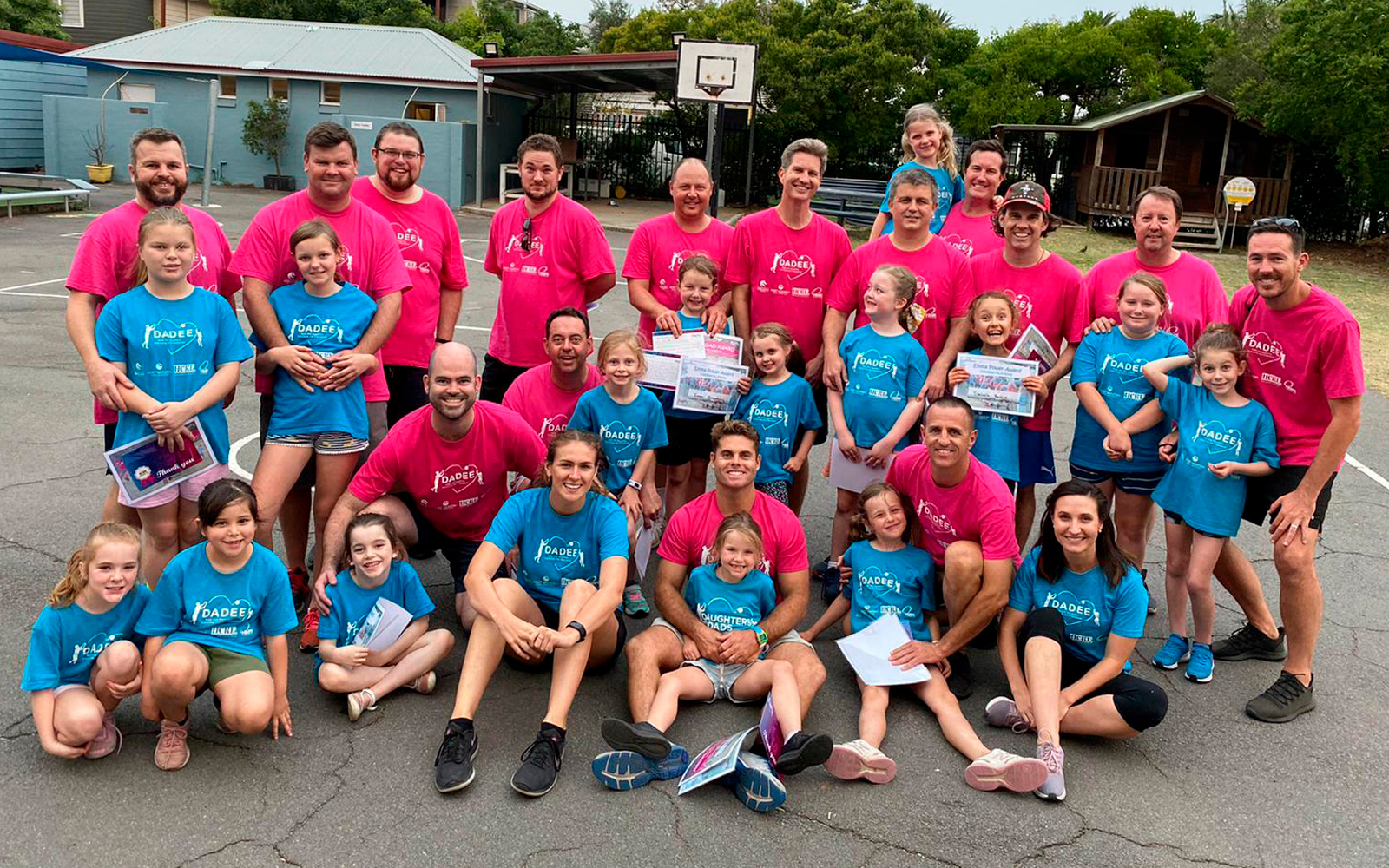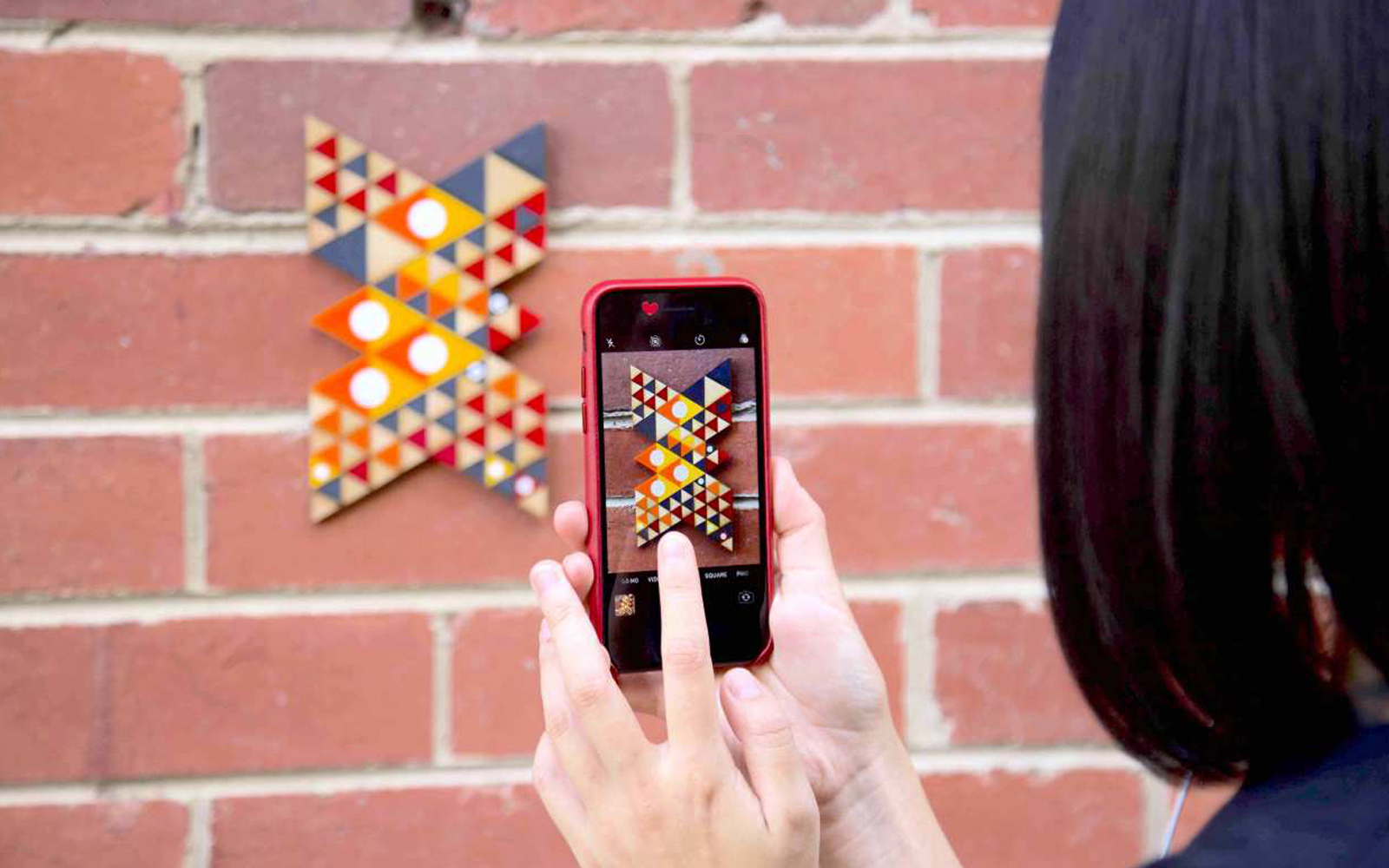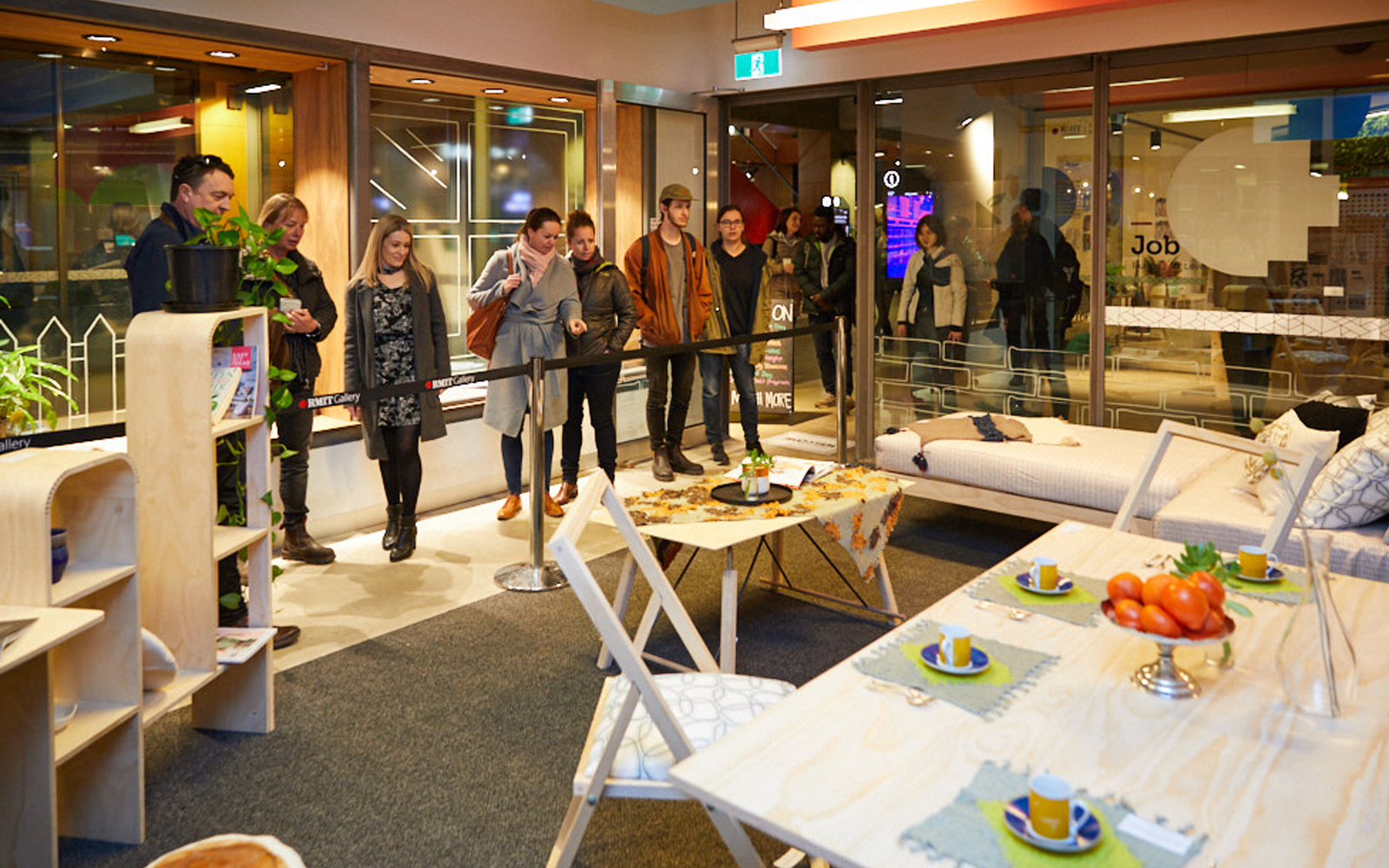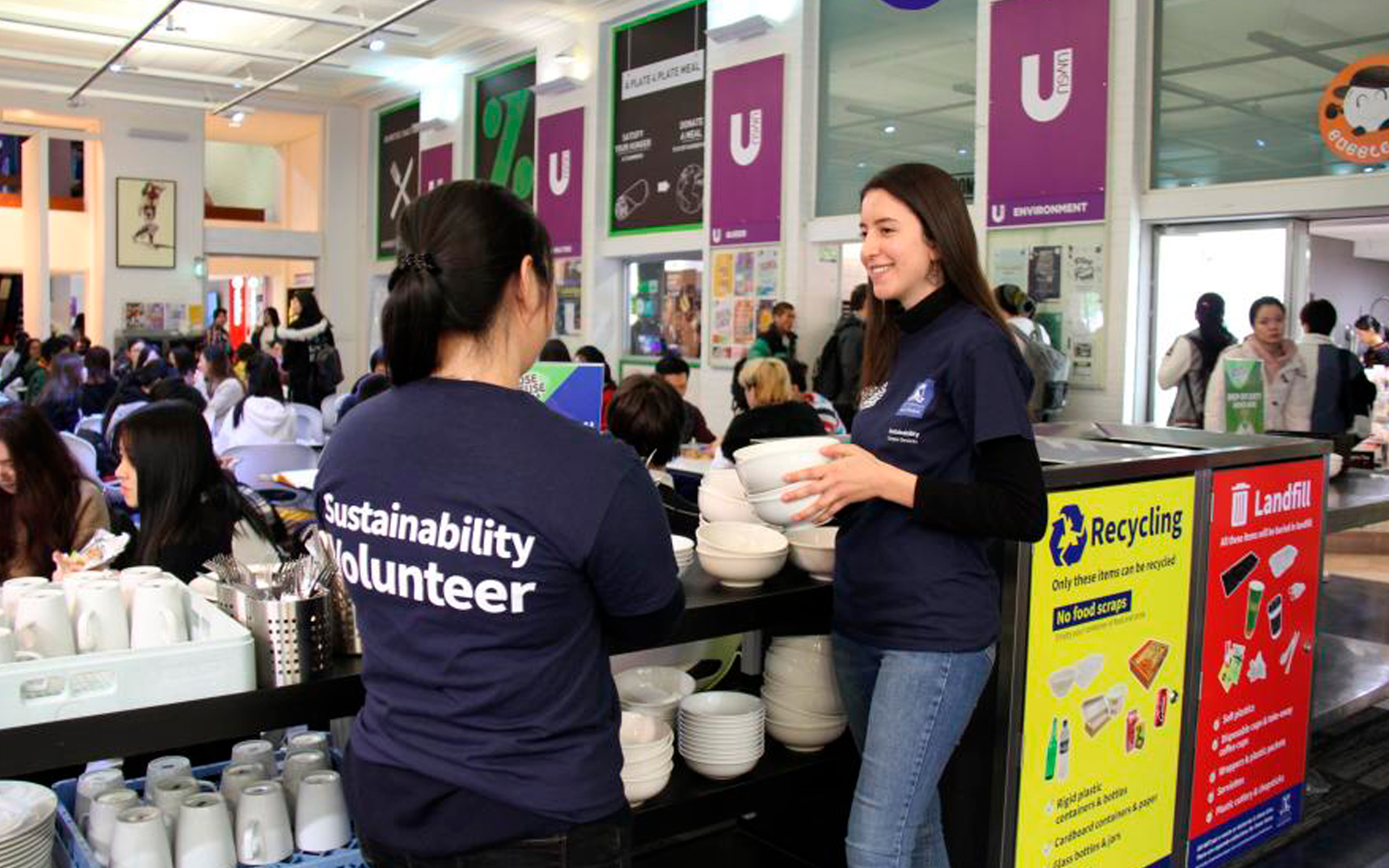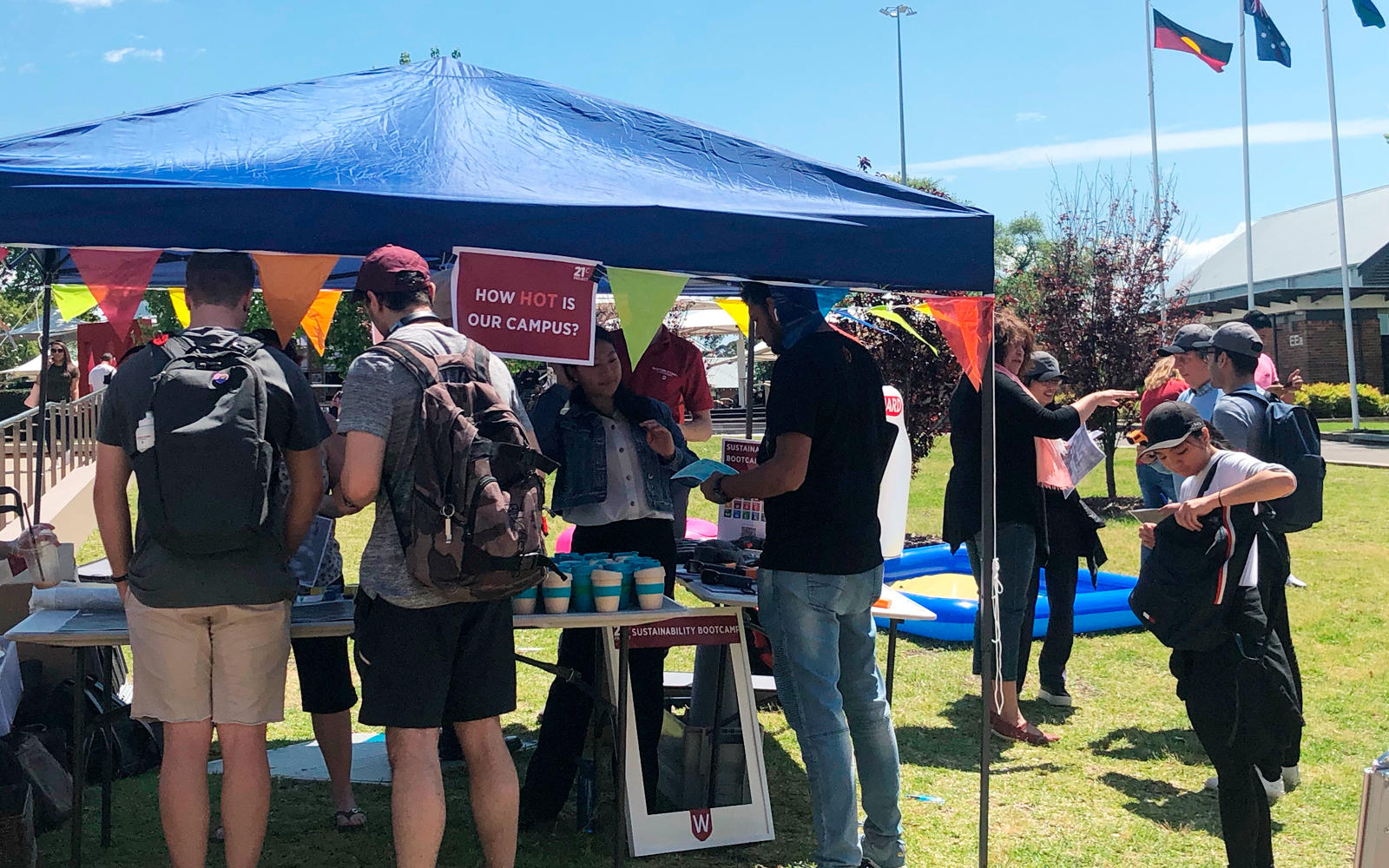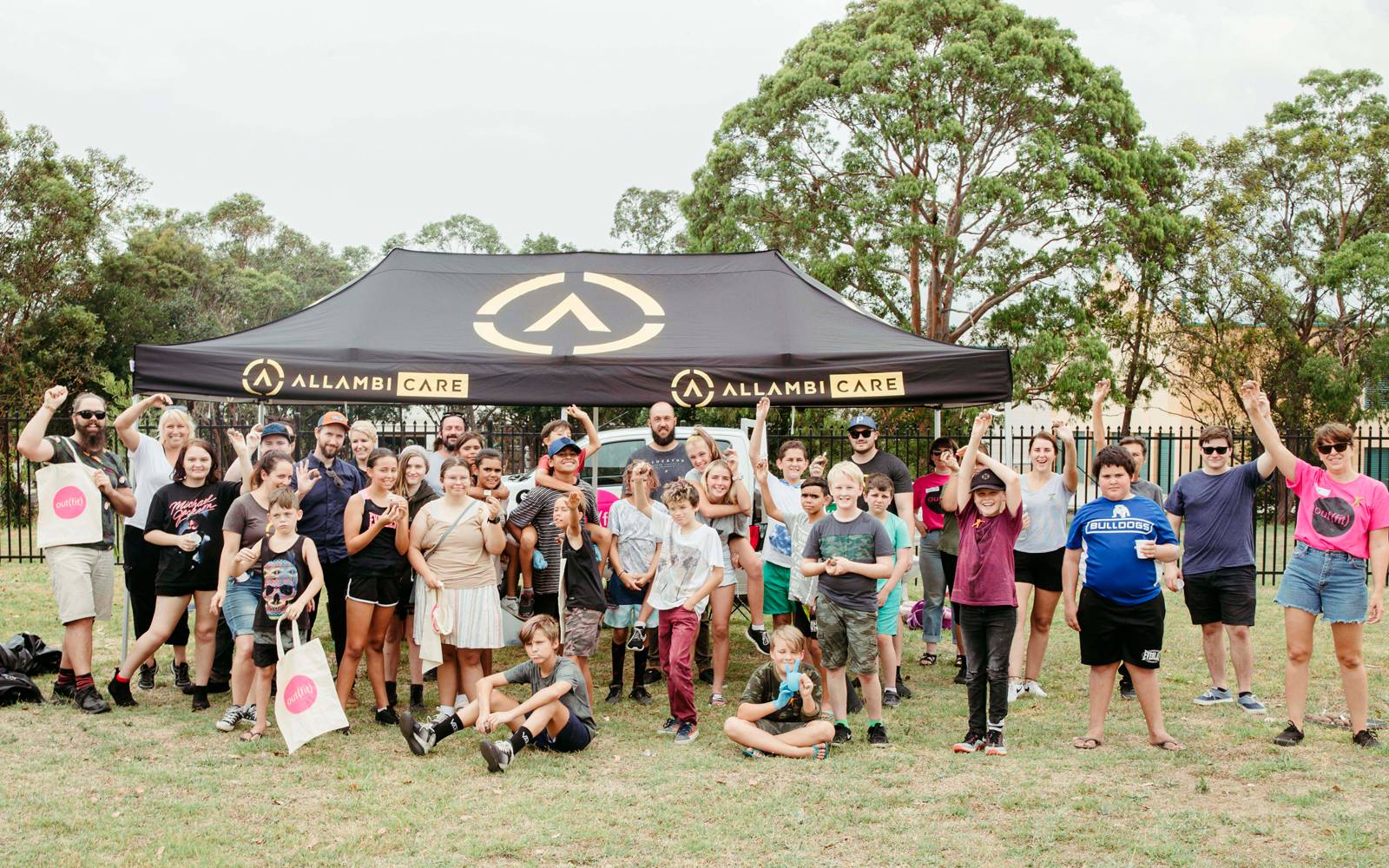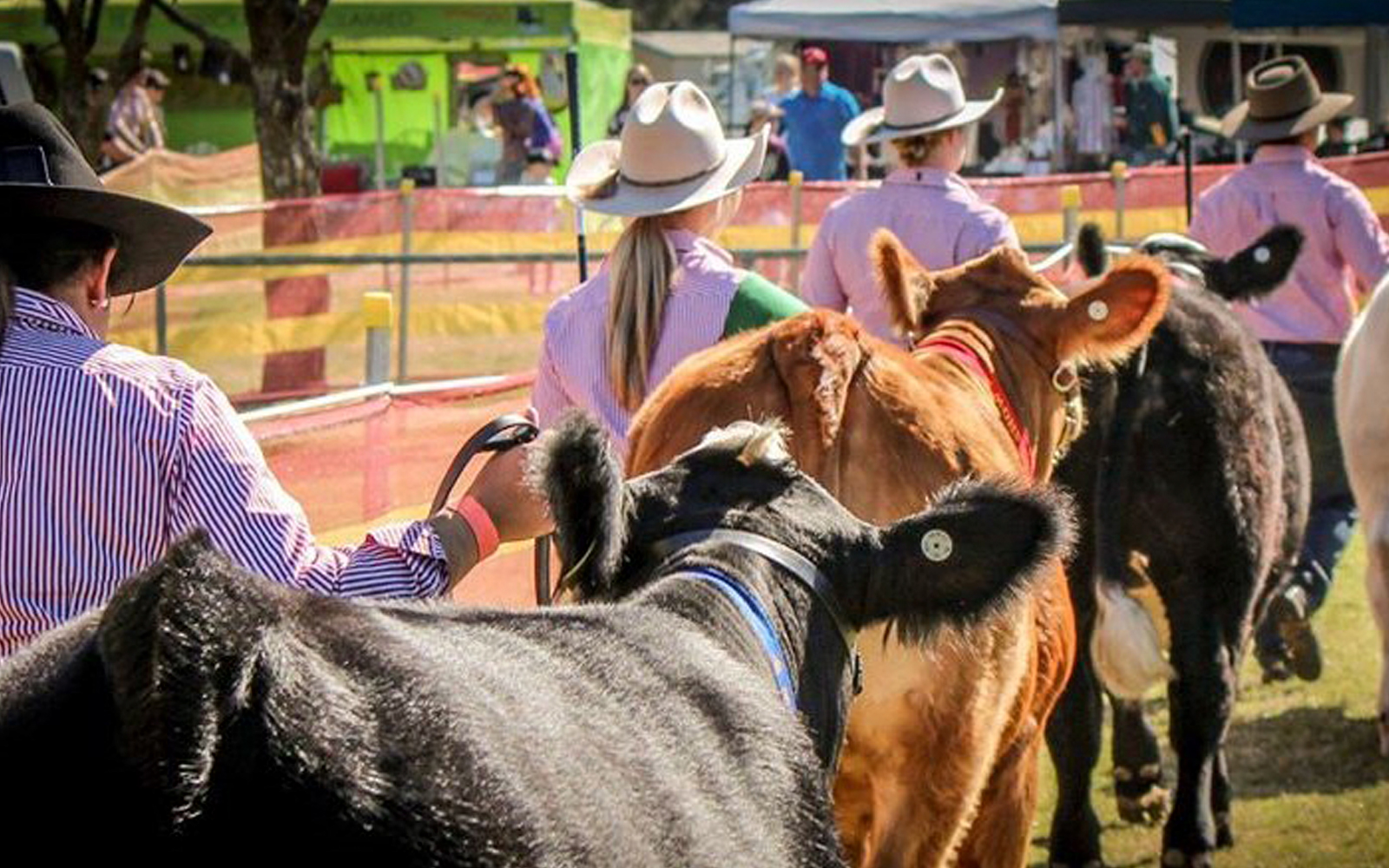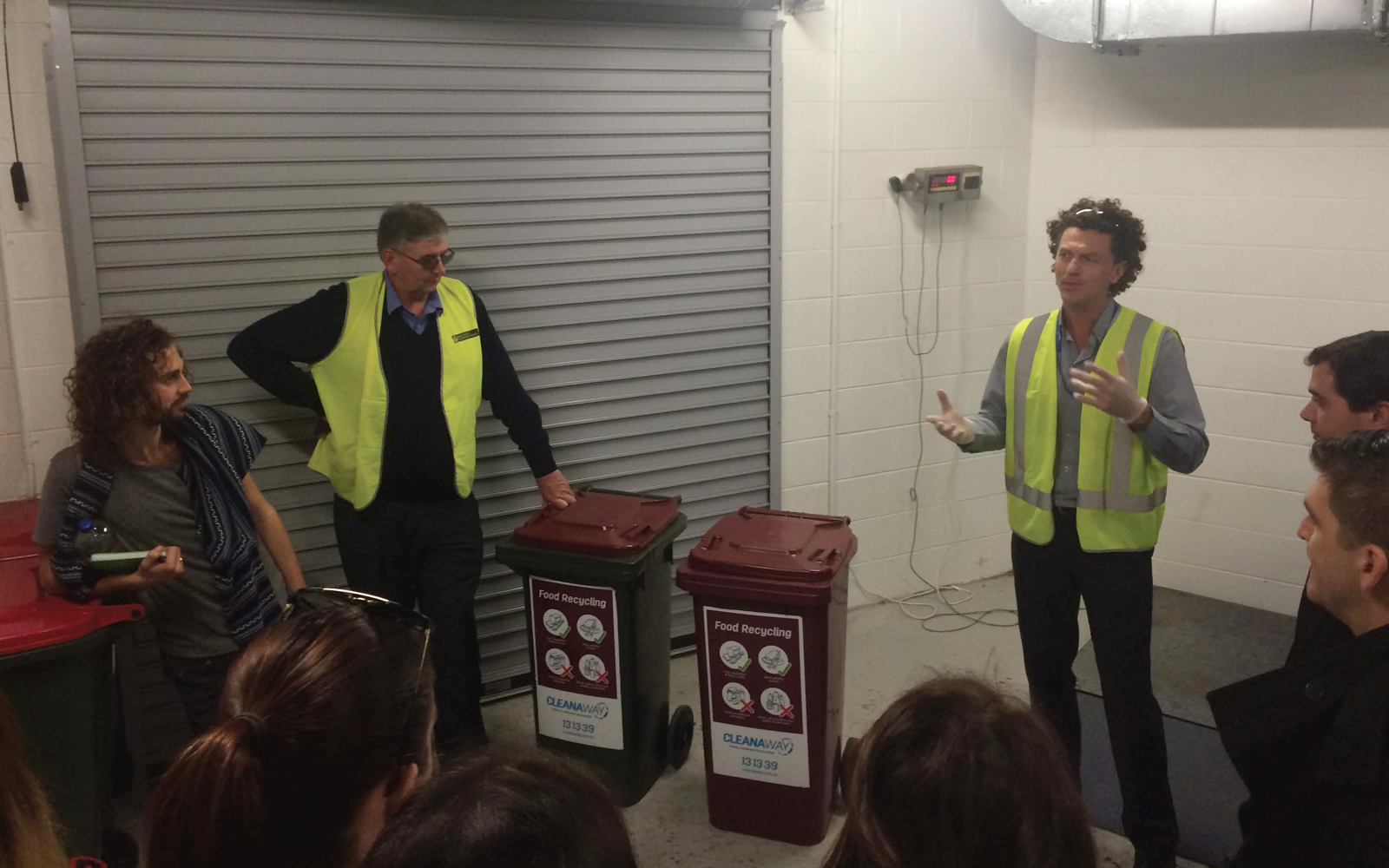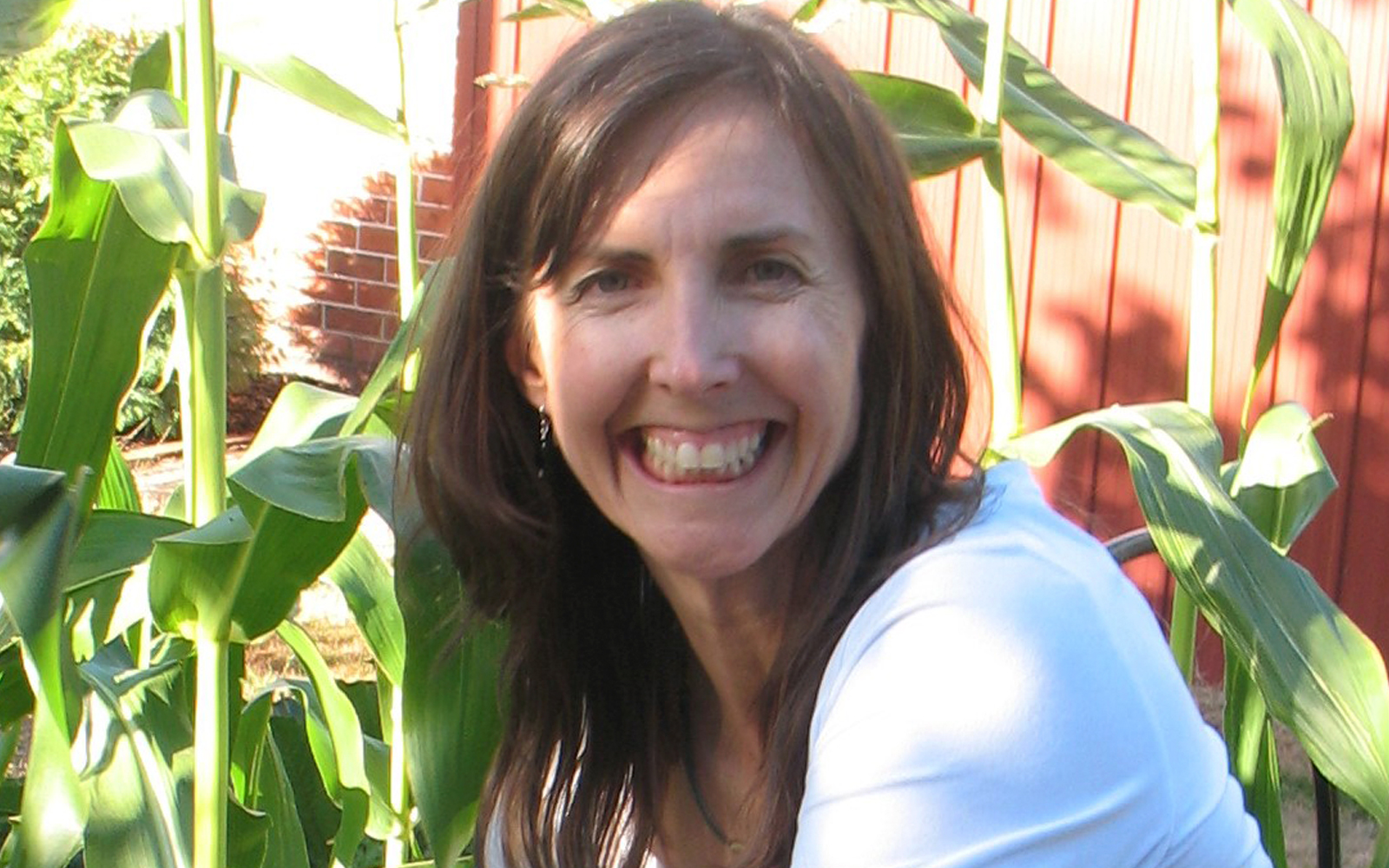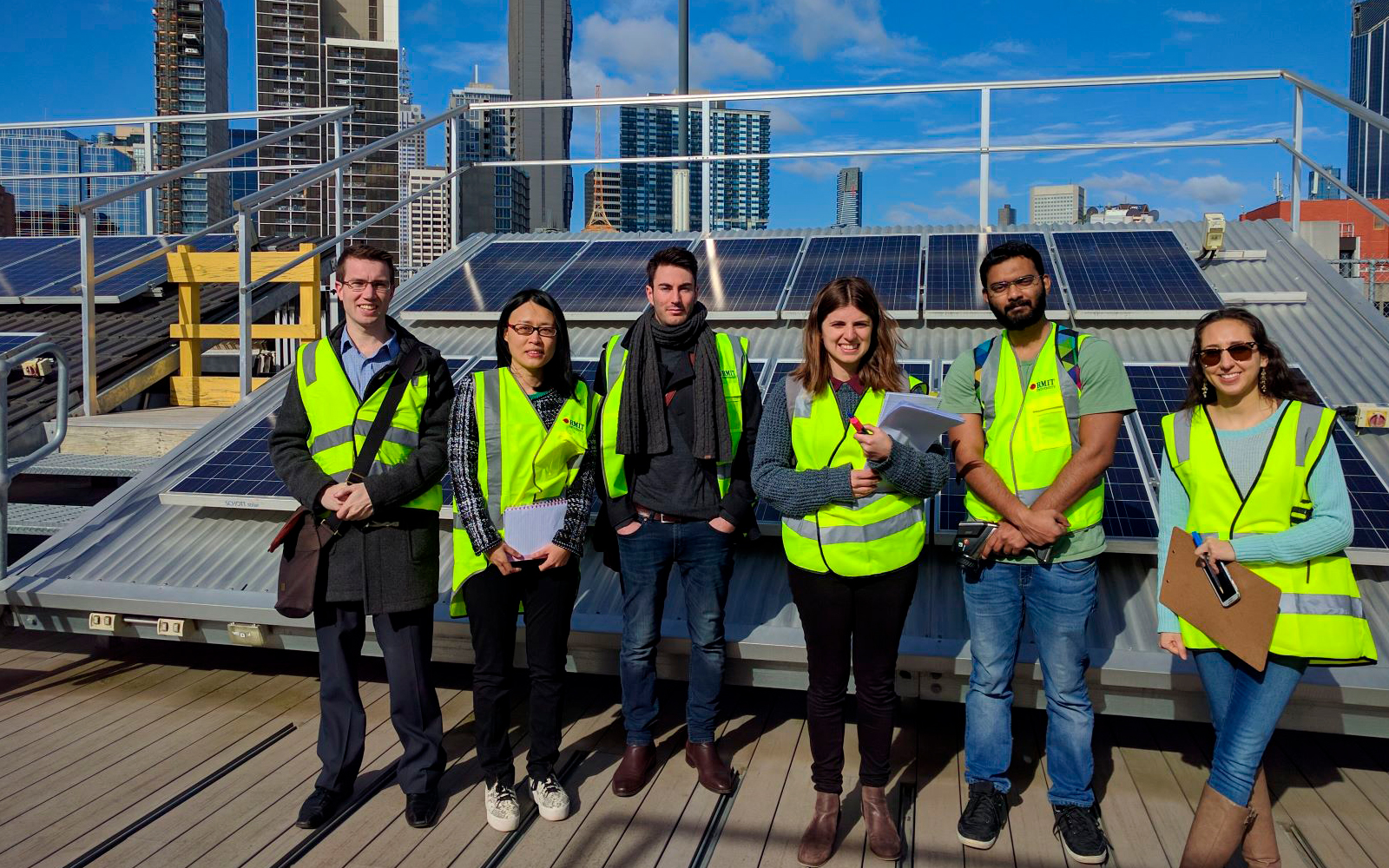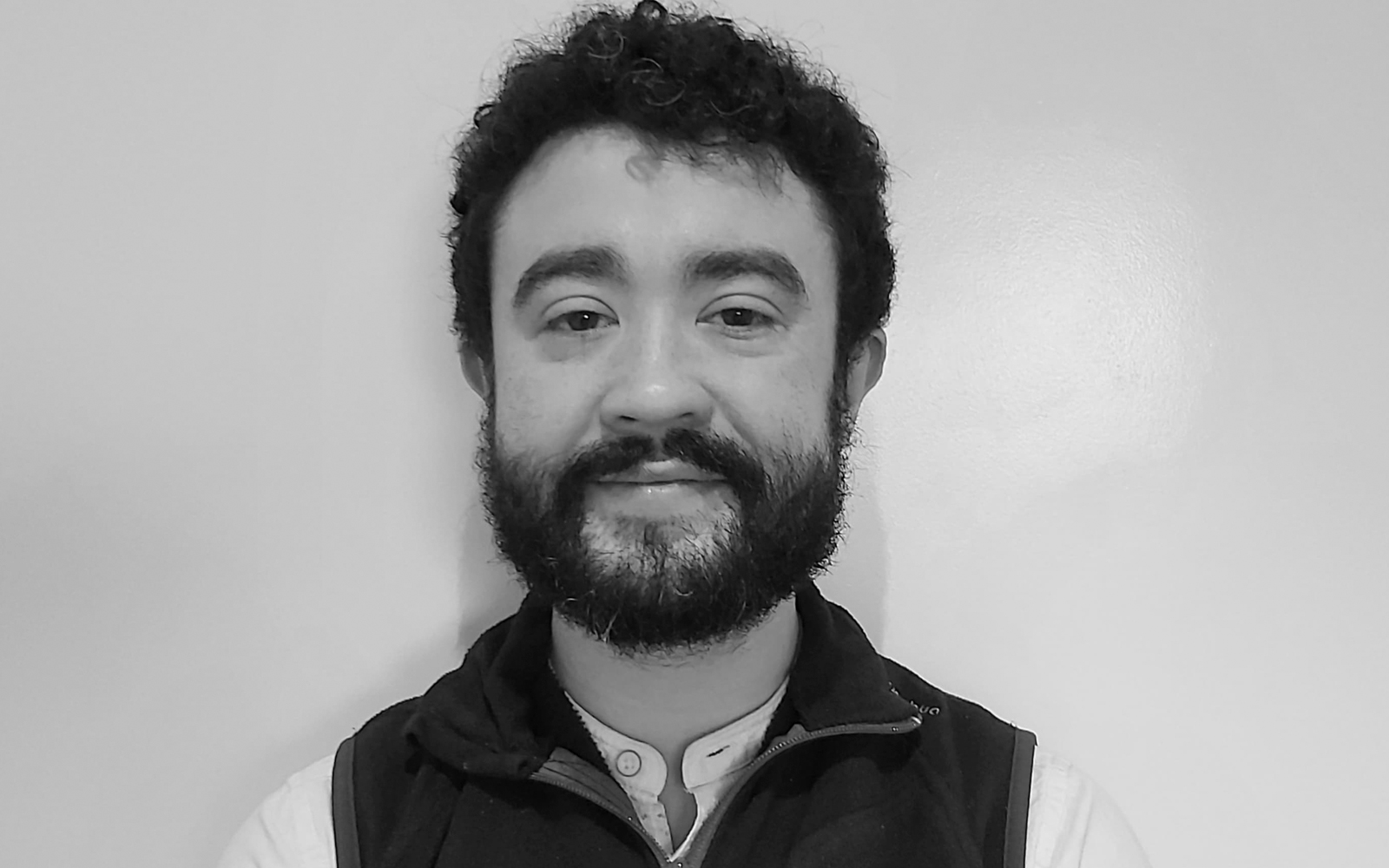2020 Winners
2030 Climate Action proudly sponsored by
The University of Newcastle: “Sustainability Reimagined”
Monash University: “Net Zero Initiative” (HC)
Benefitting Society
The University of Newcastle: “Daughters and Dads Active and Empowered”
RMIT University: “TIMeR: Walking with Indigenous stories of land, river and sky” (HC)
Creating Impact
RMIT University: “Let’s Lead the Way – Sustainability Engagement at RMIT”
The University of Melbourne: “Choose to Reuse! Creating lasting, impactful change” (HC)
Learning, Teaching & Skills
Griffith University Business School: “The road to Tri Hita Karana – a transformational MBA journey towards well-being”
Western Sydney University: “Sustainability Bootcamp: Introducing the SDGs to students and staff at Western Sydney University” (HC)
Student Engagement
The University of Newcastle: “out(fit)”
Western Sydney University: “Campus-based Living Labs for teaching, research and engagement” (HC)
Outstanding Leadership Team
UTS Operations (University of Technology Sydney)
ACTS Award of Excellence Staff
Sandra Murray (University of Tasmania)
Michael Anderson (RMIT University) (HC)
ACTS Award of Excellence Student
2030 Climate Action
Proudly sponsored by
WINNER
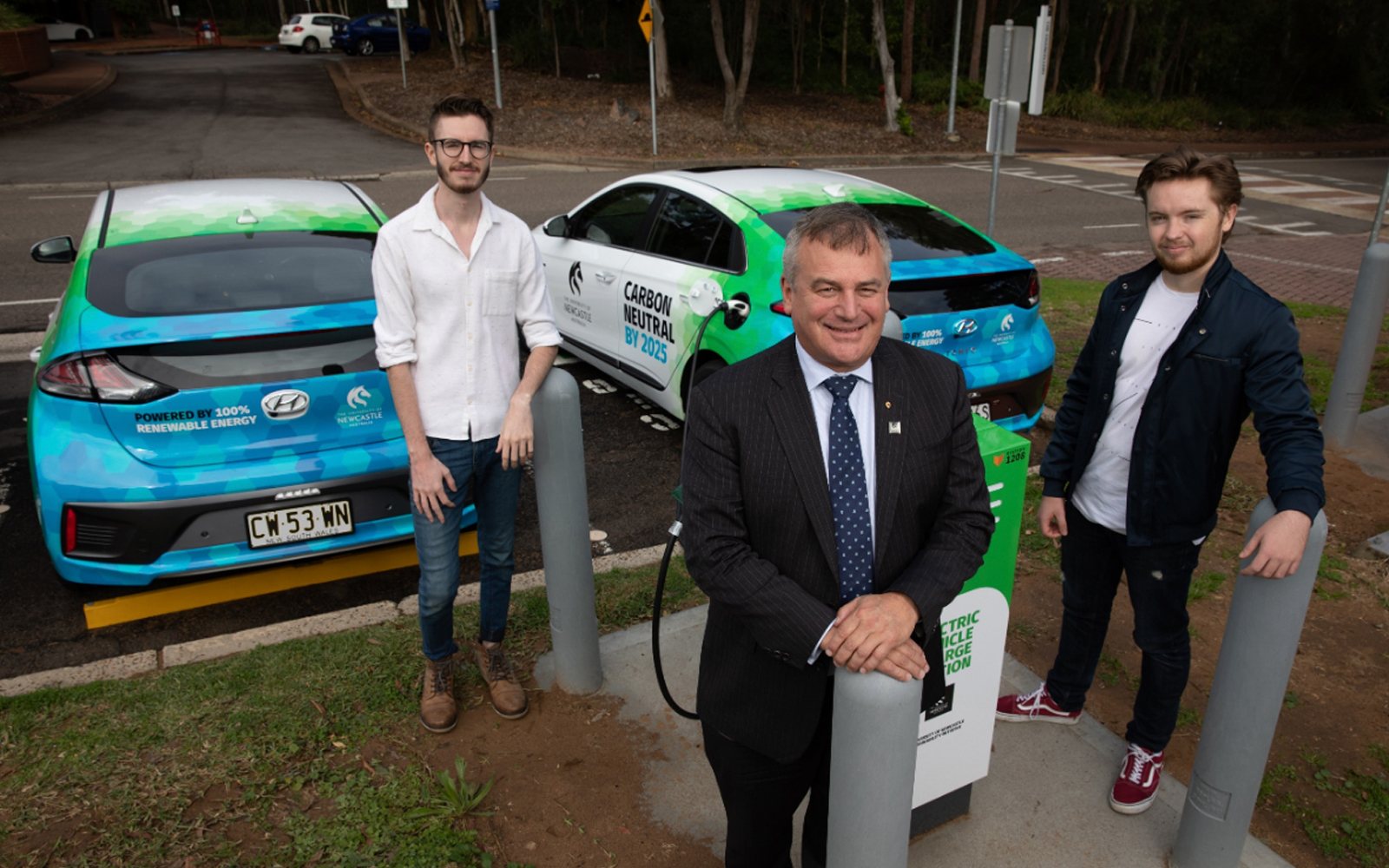
The University of Newcastle
Sustainability Reimagined
Addressing climate change is critically important for our students, staff and partners. Through 2019 we achieved a major milestone on our journey towards becoming carbon neutral, with the impact being felt across the sector, our region and the state. Our first-of-its-kind Energy Supply Agreement with Red Energy meant from January 2020 we are powered by 100% renewable electricity, reducing our CO2e-emissions by 70%. Complementing this we rolled out 534kWs of rooftop PV solar, switched over 6,000 lights to LED, and commenced installation of four dual electric vehicle charging stations (with infrastructure to futureproof for an additional 20). We enhanced the biodiversity of over 30ha of dedicated bushland zones including planting 2500 endemic native seedlings to sequester approximately 230 tonnes of CO2-e. We contributed to a circular economy through soft plastics and disposable coffee cup recycling programs, and significantly scaling up our rainwater harvesting capacity. Guided by our sector-leading Environmental Sustainability Plan 2019-2025 we are reimagining sustainability now and for the future.
Being named the winner of the 2030 Climate Action award is an accolade that we proudly share with our students, staff and community. Taking decisive action, and implementing a wide range of leading actions to mitigate the impacts of climate change is fundamental to our future, and this award highlights the important role our University can play in shaping a more sustainable future through research, knowledge and action.
HIGHLY COMMENDED
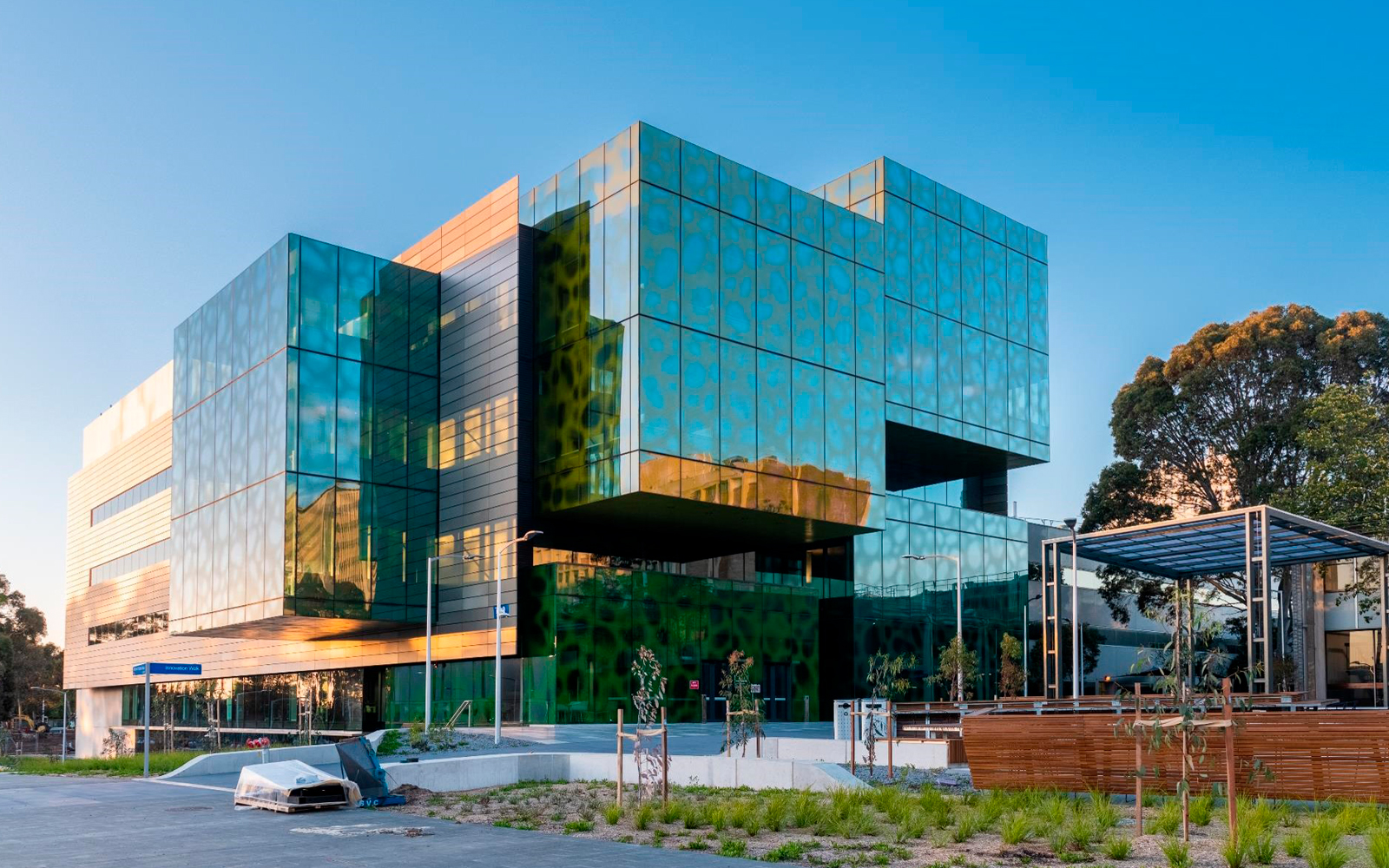
Net Zero Initiative
Developed with ClimateWorks Australia, Monash’s Net Zero Initiative (NZI) is delivering measurable advances on our commitment to Net Zero emissions by 2030. As Australia’s only precinct-scale living laboratory, NZI is a critical proving ground for industry to demonstrate the real-world effectiveness of solutions, producing graduates for a zero-carbon economy.
Based on Climateworks’ Deep Decarbonisation Pathways, the Net Zero Initiative strategy encompasses five key pillars: energy efficiency measures, campus electrification, addressing our residual emissions through offsetting, deployment of on-site and off-site renewable energy, and a sustainable microgrid, all with the aim of achieving net-zero emissions for Monash’s built environment by 2030.
Benefitting Society
WINNER
The University of Newcastle
Daughters and Dads Active and Empowered
Daughters and Dads Active and Empowered is a community-based, multi-award-winning education program targeting fathers/father-figures to improve their daughters’ physical activity levels and social-emotional wellbeing. Importantly, this innovative program also addresses and challenges the culture of gender prejudice existing in girls’ lives.
In 2014, the program was developed by Professor Phil Morgan and colleagues from the University of Newcastle. Using innovative collaborations with local schools and industry partners, results have been overwhelmingly positive with significant long-term health improvements achieved. The impact of the program has led to $4.1 million in research funding and seen delivery to 790 daughters and 678 fathers across NSW, in various sports and in the UK.
In addition, a highly innovative University course has taught over 190 preservice and in-service teachers to deliver the program; creating wide-ranging education and community benefits through improved teaching practices and holistic outcomes for children and the wider community.
To benefit society is a goal that anchors us as an institution. Professor Phil Morgan and his team are a proud example of this, working collaboratively and tirelessly to develop their Daughters and Dads Active and Empowered program to improve the lives of families across the globe. We are honoured to see our people recognised through this prestigious award that aligns so closely with our core values.
HIGHLY COMMENDED
TIMeR: Walking with Indigenous stories of land, river and sky
This project is an Augmented Reality enabled audio-walk called TIMeR at RMIT University in Melbourne. Participants follow audio directions to locations via a smart phone app, and are presented with Augmented Reality content for exploring the multiple and multisensorial layers of place including Indigenous stories of Kulin Country. Featuring stories of land, river and sky with Boonwurrung elder N’Arweet Carolyn Briggs, participants are transformed into wayfarers as they move across the campus to uncover alternate cartographies, bringing new insights to familiar routes. The project encourages participants to consider their own relationships to place and to nurture practices of reconciliation with First Peoples in Australia. This approach showcases innovations in community engagement through digital media, outdoor games and the design of public space. The focus on learning outside takes education beyond the classroom walls, and opens deeper understandings of the power of place and nature.
Creating Impact
WINNER
RMIT University
Let’s Lead the Way – Sustainability Engagement at RMIT
RMIT is committed to widespread engagement across the community of students and staff to encourage and ensure the adoption of sustainable practices and outcomes. Under the campaign banner of ‘Let’s Lead the Way’ the community is engaged through sustainability initiatives including events, behaviour change programs, social media campaigns and living lab projects. Building meaningful partnerships across the University has allowed RMIT to identify natural synergies when it comes to social, environmental and economic sustainability and create impact beyond our boundaries.
Creating a genuine and lasting impact can only be achieved through effective planning, strong collaboration and by listening to our community. Being formally recognised by our industry peers for achieving excellence in creating impact, would serve as an acknowledgement that RMIT is committed to open and transparent engagement which empowers our students and staff, builds capabilities and makes our community proud advocates for sustainability.
HIGHLY COMMENDED
Choose to Reuse! Creating lasting, impactful change
The University of Melbourne’s Choose to Reuse Program is a highly innovative, large-scale waste minimisation initiative helping the University community to eliminate single-use food and beverage packaging, by using reusable tableware. The plate service, is an Australian University first, driven by staff and student feedback and supported by UoM’s world-leading Sustainability Plan 2017–2020. The program has seen huge support and been highly successful in reducing waste to landfill at the Parkville campus. In just six months, from July 2019 to December 2019, it has diverted over 240,000 disposable items from landfill, resulting in a 23.5% decrease in waste to landfill. The program has an incredible reach, with thousands of staff and students using the program daily, creating real, lasting changes in consumer behaviour across campus. It has also provided a real ‘living lab’ scenario which has led to a number of future opportunities for implementation and influencing progressive behaviour change.
Learning, Teaching & Skills
WINNER

Griffith University Business School
The road to Tri Hita Karana – a transformational MBA journey towards well-being
Tri Hita Karana is a Balinese philosophy denoting three ways to happiness through attaining harmonies of people with people, nature, and the spiritual. This philosophy can be applied to the United Nation’s 17 SGDs alongside three ways of happiness and well-being. The Griffith MBA is built on the same principle in the form of three values that it stands for. Our first value, ‘responsible leadership’, centres around topics of mastering harmony among people within and across organisations, communities and countries (SDG 1-10, over 600 topics taught across MBA courses). The second value, ‘sustainable business practice’, focuses on developing a deep understanding of the harmony between business and the environment (SDG 11-15, over 300 topics taught across MBA courses). The third value is about our value-focused lens on the Asia-Pacific and focuses on the role of business for harmony in our region (SDG 16&17, over 100 topics taught across MBA courses).
At the core of our ‘purpose beyond profit’ mission is to set an example for how MBA education should look like in the 21st century. MBA programs are the flagships of every business school and we want to show that it is possible to turn the world’s most corporate degree into a transformational journey that centres on student empowerment to create a better future for us all.
We have recently achieved the highest global recognition: The Griffith MBA is ranked #1 overall on the Corporate Knights’ 2020 Better World MBA ranking – identifying it as the top program in the world instilling a holistic purpose of business in future leaders (embargoed until 10th November). The Green Gowns Award is the Australasian recognition of education for sustainability, so winning this award would be a true national and regional testament for the tireless work we put into the program since more than a decade.
HIGHLY COMMENDED
Sustainability Bootcamp: Introducing the SDGs to students and staff at Western Sydney University
Western Sydney University through its curriculum renewal initiative, the 21st Century (21C) Project, is committed to developing resilient and sustainability literate graduates. In 2017 a multi-discipline team commenced work with community partners to develop an interactive online “Sustainability Bootcamp” 21C curiosity pod. The pod is designed as ‘taster’ comprising 15 hours of learning and is accessed either as a learning resource embedded in units or as an extra curricula opportunity. The aim is to introduce the core concepts of sustainable development and the Sustainable Development Goals (SDGs) to students through worldviews, systems awareness and future thinking. In 2020 the pod was offered as a pilot professional development opportunity for staff. To date over 1,300 students from nursing, health, industrial design, humanities, education and social science and over 100 staff have engaged with the pod. Those who complete the module with an interactive activity are awarded a digital badge as an alternate credential.
Student Engagement
WINNER
The University of Newcastle
out(fit)
out(fit) is a community engagement initiative of the University of Newcastle, through which female students from the built environment discipline volunteer their specialised skills to benefit the community of Newcastle and the Hunter Region. We do this by engaging in hands-on design and build projects, primarily for underrepresented communities, with a focus on creating spaces for disadvantaged women and children. By providing access to design services for those who would not ordinarily benefit from this professional assistance, we can have a tremendous impact on daily lives.
out(fit)’s mission is three-fold:
- to promote and support women who are seeking careers in built environment professions;
- to provide a supportive place for students to learn hands-on design and building skills;
- to make a difference in the lives of women and children in need through improving their built environments.
out(fit) truly embodies the University of Newcastle’s’ values of Excellence, Engagement, Equity and Sustainability. Their projects offer an outstanding student experience, creating life ready graduates and resilient, connected communities. It would be an honour for the University to receive a Green Gowns award in recognition of this work.
HIGHLY COMMENDED
Campus-based Living Labs for teaching, research and engagement
Living Labs are developing as a key engagement strategy for Environmental Sustainability at Western Sydney University. These initiatives utilise campus assets for teaching, research or engagement, and incorporate both multidisciplinary focus and strategic opportunity. Initiatives to date link to key themes in our Environmental Sustainability Action Plan and reflect the character of each campus. Examples on Hawkesbury campus focus on challenges facing peri-urban landscapes of Western Sydney, including water recycling and agro-ecology. On Kingswood campus, focuses include solar engineering and carparks, energy modelling, and the Werrington redevelopment has Living Labs as a key development theme. Parramatta campus focus includes an area of significant natural and cultural heritage: habitat for the Burramatta eels. Through Living Lab, staff and students are becoming more aware of the campus assets accessible as learning and engagement resources. These initiatives are platform towards resilient and sustainable campus communities and reinforce collaboration and civic scholarship.
Outstanding Leadership Team
WINNER
University of Technology, Sydney
UTS Operations
UTS is facilitating the circular economy by processing 50 tonnes of food waste on-campus per year into a soil conditioner that goes to local farming communities in Western Sydney to grow garlic, which returns to UTS for use on campus (and other commercial outlets). This diverse cross-faculty and industry inclusive project involved a team of academic partners from the Institute for Sustainable Futures, UTS Design School, Facilities Management (including cleaners and operations staff), industry partners (Closed Loop, local cafes, and Hartley Vale Garlic), and government (NSW EPA). Over the last 3 years, the team has worked to create a functional circular economy model sending nutrients from food waste generated at UTS back to peri-urban communities to support agriculture. In addition, the project is utilised in research and by teaching staff to demonstrate closed-loop circular economy principles to students.
Staff
WINNER
Sandra Murray
University of Tasmania
Sandy Murray is a University of Tasmania (UTAS) educator in food, nutrition and public health who champions many sustainability issues, but especially engages her students to address student food insecurity issues. She is passionate about the need for equitable and more sustainable food systems. She leads our Sustainability Committee’s Sustainable Food Systems Working Group to incorporate food and gardens into our $300m new campus developments, operations, and developing a solutions-based Sustainable Food Strategy to address campus food insecurity (38% of our students experienced food insecurity in the past year).
Sandy has been instrumental in the establishment and continuity of both our award-winning Education for Sustainability Community of Practice (EfSCoP) (2011-present) through a formal facilitation role and EfS Tasmania (2015-present; International Green Gown Award). The EfSCoP plays a key role in EfS Tasmania, an UN-recognised Regional Centre Expertise on Education for Sustainable Development, with education and community organisational membership.
HIGHLY COMMENDED
RMIT University
Michael Anderson has worked tirelessly in sustainability in the Higher Education for over ten years, with a passion for energy efficiency and carbon management. Over his time to date at RMIT he has scoped and deployed a utilities and carbon management software system for the University, lead the development of the RMIT Carbon Management Plan (setting the journey to Carbon Neutral by 2030), devised and implemented numerous capital projects for energy, carbon and water savings and has been the driving force behind the Melbourne Renewable Energy Project. More importantly, he generously shares his knowledge with industry, local community groups, peers and supports numerous student projects each year.
Student
WINNER
Christopher Dixon
The University of Melbourne
Chris is a passionate environmentalist with extensive experience in driving sustainable change:
- Designed, co-created and hosts a series of sustainability career themed podcasts for the Postgraduate Environment Network (PEN), 2020.
- Treasurer for PEN, 2018-12019, Outreach officer for PEN 2019-2020, General Member, 2020-Present.
- Active member of the Fairtrade Steering Committee at UoM, 2019.
- Writer for website ‘Remember the Wild’, 2019.
- Green Impact Project Mentor, 2019.
- Green Impact Project Assistant & Auditor, 2018; helped the Office of Environmental Programs win Gold, 2018.
- Awarded first place in Climathon event for innovative solution to high-rise residential waste issues for the CoM, 2018.
- Whilst living in Belgium, interned for a sustainability community organisation ‘La Maison du Developpement Durable’; Actively contributed to annual Transition Fair, 2017.
- Became accredited Water Stewardship professional, 2017.
- Increased uptake of Water Stewardship program across the Mornington Peninsula by 50%, 2016.
Founding Member of Deakin Sustainable Food Movement Society for Deakin University, 2014.

